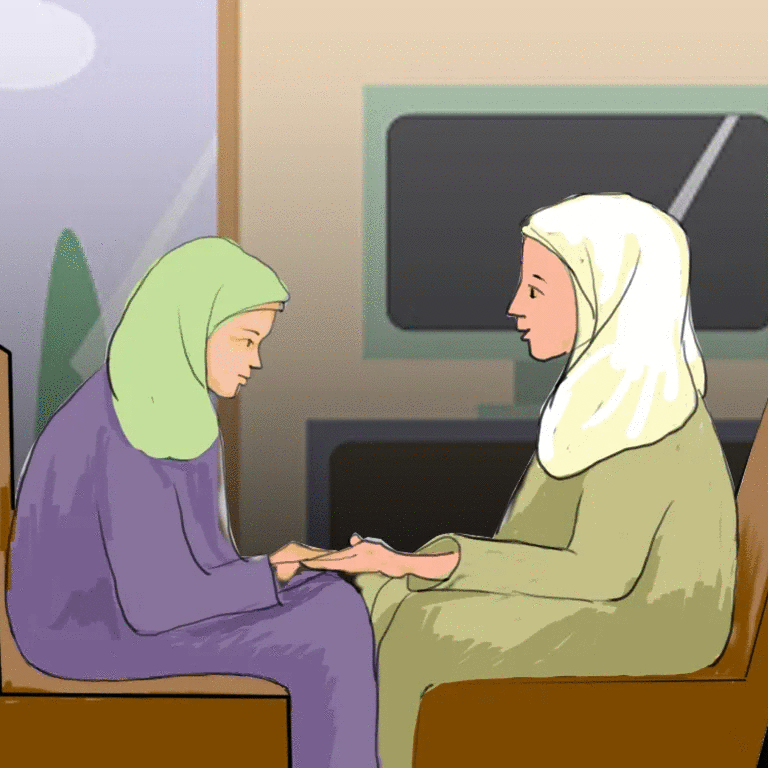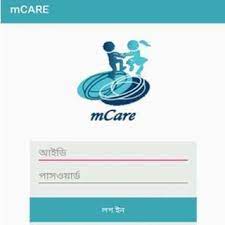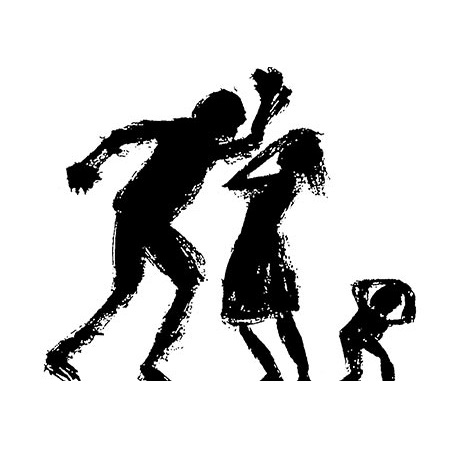The COVID-19 pandemic imposed multilayered and multidimensional stress and crisis in our life. The increasing digital dependency and the social media use may impact our metal health and wellbeing. Bi765rt6y7898uytrty89876rerty90oiytrewsertyuikjuytrewqwetyuiuytrewertyuiuytrewqwertytewertrsasghzjnMoreover, fake news are spreading on Facebook. However, there is a dearth of literature about the pattern of social media use and its relation with mental health from multinational study during the COVID-19 crisis. This online cross-sectional study was conducted with 1005 participant from Bangladesh, India, Nepal, Peru, Ukraine, and Albania between March 15, 2020 to April 25, 2020. The survey question was disseminated in different website and social media pages and respondent also shared the survey questionnaire on their social media. The inclusion criteria was adult who were using Facebook for at least 6 months. What we found: The participants spent average 1.64 hours each day on Facebook specially for COVID-19 related content which was 42% of the total social media use per day. The anxiety and stress of the participants was related to the gender and the hours spent on Facebook for COVID-19 related contents. We conducted manual thematic analysis of the viral fake news that revealed 6 key themes: i) transmission of Covid-19, ii) Covid-19 infection and spread iii) treatment of Covid-19, iv) duration and extend of the pandemic v) Conspiracy theories and vi) Death related information The pattern of Facebook use has multilayered and multi-dimensional effect on mental health and the impact is influenced by sociocultural context.
Completed Research


